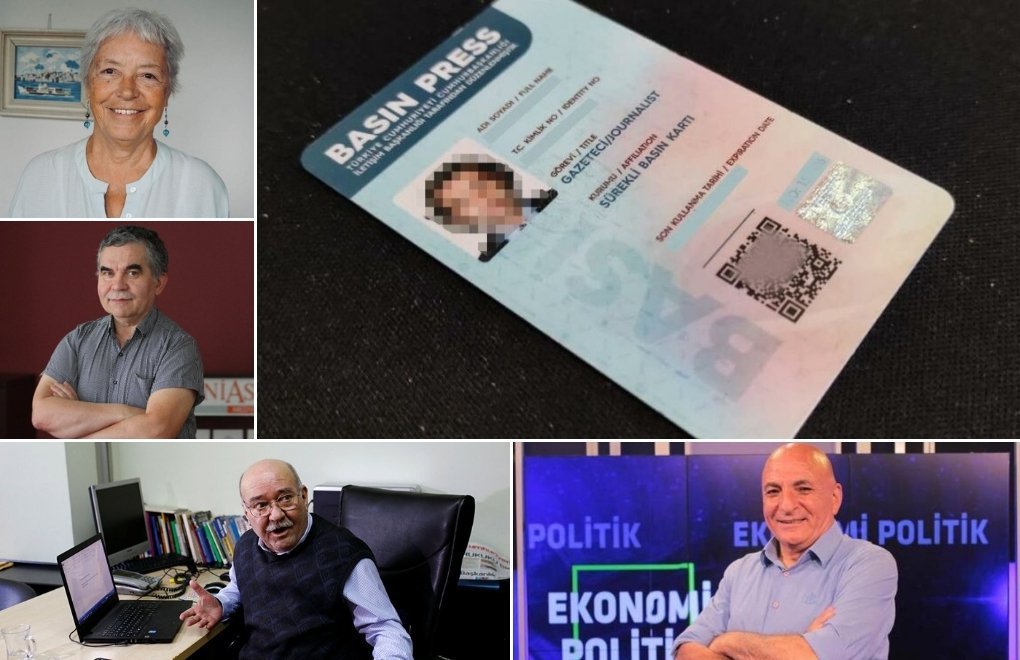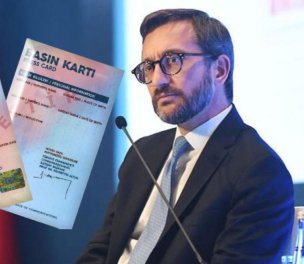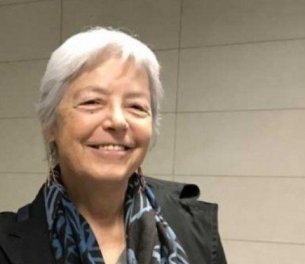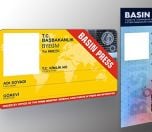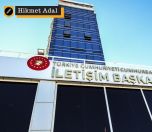Click to read the article in Turkish
The Reporters Without Borders (RSF) has criticized the Presidency's Communications Directorate over its powers on press cards. "For years, the Presidency Communications Directorate (CIB) has been using its press cards to restrict the freedom to inform," the RSF has said.
"Condemning the arbitrary manner in which the Turkish president's office issues and renews press accreditation in order to put pressure on the media," the RSF has put a spotlight on the cases of four journalists who are combating this arbitrary practice in the courts, namely the cases of journalists Nadire Mater, Aydın Engin, Mustafa Sönmez and Kazım Güleçyüz.
CLICK - A struggle for a permanent press card
CLICK - 'Press card' lawsuit against Communications Directorate
The RSF has shared the following comment about the issue:
"Pro-government journalists have no trouble obtaining CIB press cards, even those guilty of hate speech, disinformation or hounding human rights defenders.
"But in recent years leading critical journalists have had their CIB press cards withdrawn or their renewal requests have gone unanswered.
"Journalists without this press card cannot cover the activities of the president or government ministers and are even liable to be prevented from covering street protests.
"A directive issued by the national police on 27 April bans them from filming or recording police interventions during demonstrations, as was the case during this year's May Day demonstration in Istanbul and Ankara.
RSF Representative to Turkey Erol Önderoğlu has also said:
As it seems too much to expect a presidential office to manage press card allocation impartially, we ask the government to reinstate an autonomous journalistic entity in order to put an end to biased practices that penalise critical journalists.
'Thousands of cards rescinded'
Referring to the cases of journalists Nadire Mater, Aydın Engin, Mustafa Sönmez and Kazım Güleçyüz, the RSF has briefly reported:
"These four cases illustrate the battle over press cards waged between journalists and the authorities, who have taken a tougher stance since the 2016 coup attempt. In the past five years, they have rescinded around 2,000 press cards held by journalists close to pro-Gülen circles or by journalists of other political colours, including Islamists critical of the government, republicans, secularists and those who support the Kurds.
"In the three years that the CIB has been in charge of press cards, it has rejected 1,371 of the 10,486 applications submitted by journalists and is still processing 220 applications.
"It has also rescinded 1,238 press cards since 2019. Gökhan Durmuş, the head of the Journalists Union of Turkey (TGS), estimates that only a quarter of Turkey's 25,000 journalists have the press card.
'It cannot dictate who is and is not a journalist'
"In response to a complaint by the Association of Progressive Journalists (CGD), the Council of State's administrative affairs section nonetheless ruled in November 2020 that a CIB directive listing very vaguely-worded reasons for refusing a press card was 'liable to create a climate of intimation for journalists.'
"The directive's reasons included 'undermining or acting against the honour of the profession,' 'acting against national security or endangering public order' and 'making a habit of such conduct.'
"A new directive issued by the CIB on 21 May still falls far short of satisfying journalists. It says, 'a journalist who cannot find a job after a month of unemployment will have their press card cancelled' and 'a special committee may decide to cancel a journalist's permanent press card.'
"In the view of journalists' associations and media bodies, including the TGC, TGS, DISK Basin-Is and Press Council, the CIB 'does not have the right to dictate who is and is not a journalist.'
Turkey is ranked 153rd out of 180 countries in RSF's 2021 World Press Freedom Index. (HA/SD)




